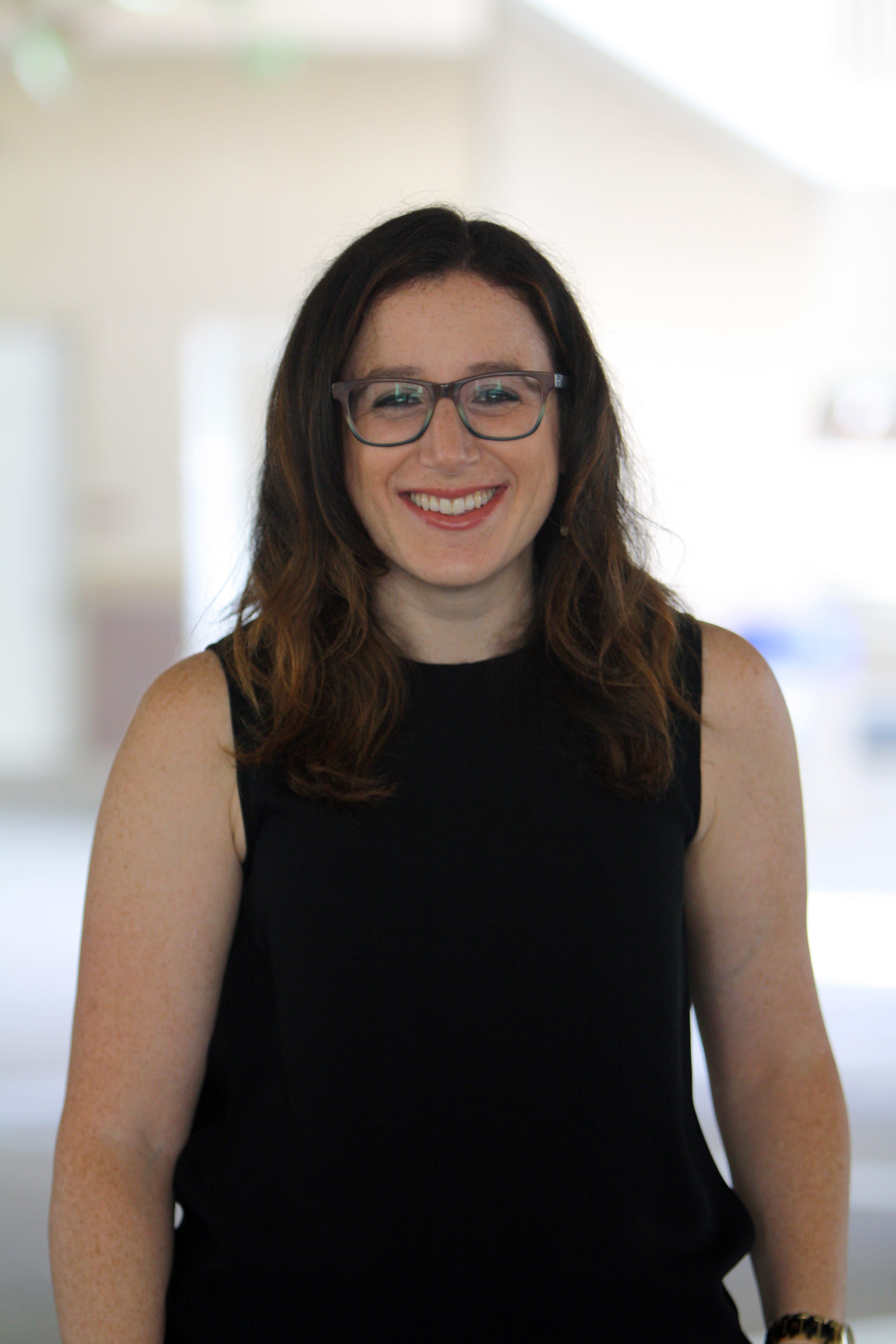UCI-led study finds Harry Potter fan fiction challenges cultural stereotypes of autism
Digital media platforms enable marginalized groups to offer alternative representations

Irvine, Calif., Jan. 23, 2019 — Online publishing platforms and digital media can provide opportunities for nonmainstream groups to push back against and offer alternatives to the simplistic stereotypes presented in literature and popular culture. A study led by the University of California, Irvine focused on Harry Potter fan fiction and discovered that autistic people, family members, teachers and advocates cast autistic characters in their stories in diverse ways that challenge typical representations.
The researchers found that fan authors weave either Harry Potter characters or created characters into the storyline to provide alternative perspectives on disability and difference. The characters and plotlines generally highlight personal experiences, such as reactions to initial autism diagnoses, or illuminate the use of various behaviors to cope with autism-related sensory overload, social anxiety and difficulty with personal interactions.
“New media and fan culture provide many ways for youth, particularly those from marginalized groups, to create depictions of themselves and their life experiences,” said Rebecca Black, UCI associate professor of informatics and lead author on the study. “These individuals have often been the subjects of discourse as opposed to active generators of narratives about their lives, and it’s extremely important for children and young people to see themselves authentically represented in media and popular culture.”
Online fan fiction is an audience-driven, interactive form of writing in which authors reimagine the worlds and experiences of characters from their favorite media, often in a manner that’s a significant departure from the original narrative. This participatory platform allows readers to question, challenge or commend content creators and gives authors the opportunity to respond – which can alter perceptions of marginalized populations, such as people with autism.
Manifestations of autism spectrum disorder range from difficulty with appropriate social communication to overdependence on routines and sensitivity to change, and individual cases vary greatly. There is a movement in the autism community to understand it not as something to be “cured” but as a form of neurodiversity with such strengths as attention to detail, high levels of concentration and strong memory skills. People sharing this viewpoint emphasize the need for greater understanding and accommodation of those living in a “neurotypical” world.
Black, along with study co-author Jonathan Alexander, UCI Chancellor’s Professor of English; Vicky Chen, a UCI Ph.D. student in education; and John Duarte, a freshman at Swarthmore College in Pennsylvania analyzed Harry Potter fan fiction as well as 178 reader reviews archived in the “neurodiverse and differabilities” subsection of FanFiction.net. Only stories that made explicit claims about focusing on autism and were written by fans who self-identified as autistic – or as family members, friends or advocates of those with autism – were included. The findings appear in the current online issue of the Journal of Literacy Research.
“We found that writers see fan fiction as an opportunity to give voice to autistic characters’ feelings about and interior struggles with a variety of social, physical and personal issues, presenting ideas and affects about autism spectrum disorder that are often missing in most popular media, except in unflattering and stereotypical ways,” Alexander said. “Stories written by self-identified autistic individuals have the potential to fill a gap in the representation of autism specifically and disability generally. Moreover, through networked interactions with an active audience, fan fiction authors can gain a sense of social affirmation and presence for themselves and their craft.”
About the University of California, Irvine: Founded in 1965, UCI is the youngest member of the prestigious Association of American Universities. The campus has produced three Nobel laureates and is known for its academic achievement, premier research, innovation and anteater mascot. Led by Chancellor Howard Gillman, UCI has more than 30,000 students and offers 192 degree programs. It’s located in one of the world’s safest and most economically vibrant communities and is Orange County’s second-largest employer, contributing $5 billion annually to the local economy. For more on UCI, visit www.uci.edu.
Media access: Radio programs/stations may, for a fee, use an on-campus ISDN line to interview UCI faculty and experts, subject to availability and university approval. For more UCI news, visit wp.communications.uci.edu. Additional resources for journalists may be found at communications.uci.edu/for-journalists.

